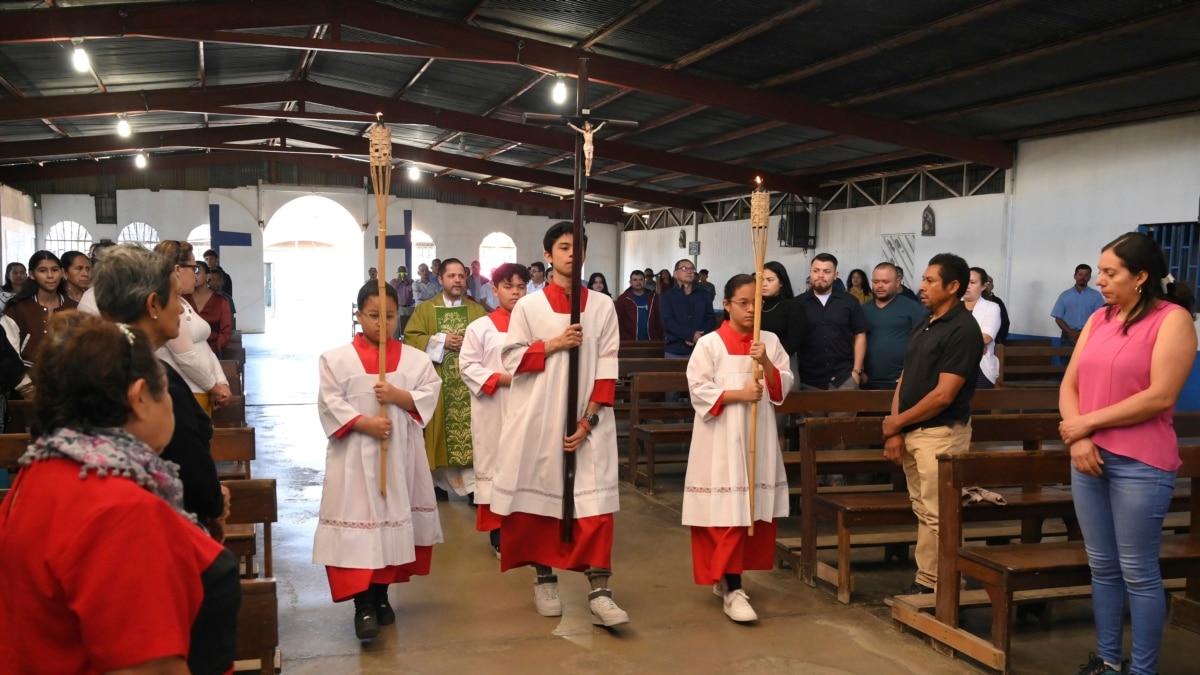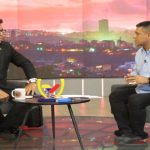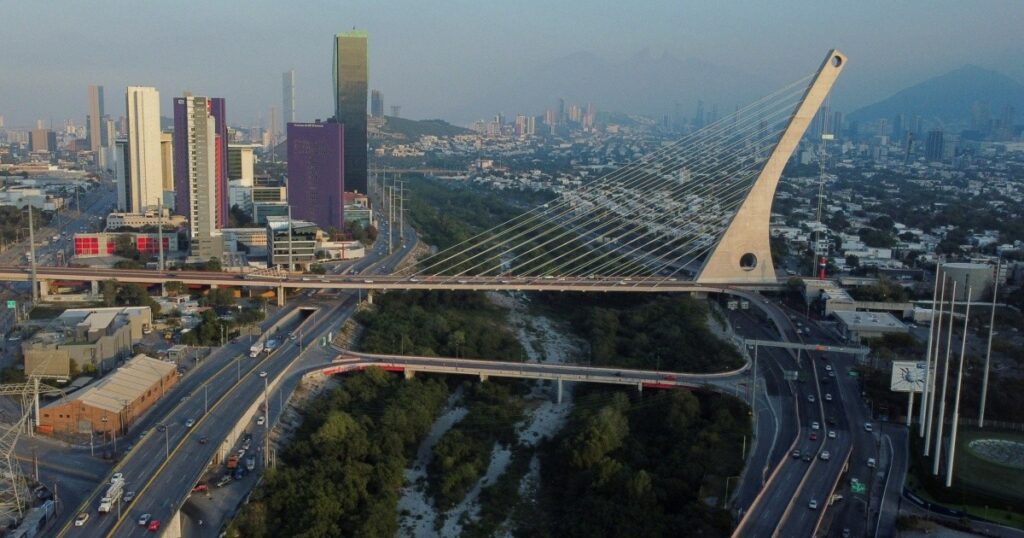The bay window covers from floor to ceiling and extends from wall to wall.
The priest on the other side of the glass listens to a confession for all to see, reaching out to a devotee who closes his eyes to receive absolution. That is why he is surprised to learn that the religious is actually hidden. He arrived in this foreign parish a few days ago to save himself from the threats he received in his country.
The human rights organization Nicaragua Nunca Más estimates that he is one of fifty Nicaraguan religious who have gone into exile since 2018, when the dissatisfaction of the people awoke a collective voice that took to the streets.
At that time, President Daniel Ortega went to the Catholic Church to ask it to mediate between the protesters and the government, but the relationship broke down and the distance turned into repression.
Fear runs through the priest’s words even to pronounce his own name. Exile gave him distance from harassment, but distrust and sadness traveled with him by car and motorcycle; they walked beside him when he crossed the border on foot.
You only agree to an interview if your identity and location are kept confidential. His family lives in Nicaragua and the price of his safety is his silence.
“There is persecution of the Church because the Church is the voice of the people and, as we say in Nicaragua, the voice of the people is the voice of God,” he says.
Nicaragua, second poorest country in the hemisphere after Haiti
His is the second poorest country in the Americas after Haiti, according to the World Bank. Nearly seven million people live in that Central American territory. Thousands subsist on less than two dollars a day and they are all affected by the political crisis that has led to international sanctions and the stagnation of sectors such as tourism.
Given this panorama, explains the anonymous priest, the church has given words of comfort and strength. “She is the one who has taken the lead, the one who has always been a hope in the midst of so much pain.”
In the courtyard of the offices of Nicaragua Nunca Más in Costa Rica, a wall portrays the faces of those who died protesting five years ago. The mothers of the victims captured it, explains Yader Valdivia, a human rights defender who works in the collective and lives in San José.
UN: high number of Nicaraguans seek refuge in Costa Rica
According to the UN Refugee Agency, the number of Nicaraguans seeking protection in Costa Rica today exceeds the number of all foreigners who sought refuge during the civil wars in Central America in the 1980s. Until February 2022, the figure reached 150,000.
According to various organizations, the repression of the Nicaraguan government left at least 355 dead and 2,000 injured in 2018. To date, the president -who concentrates power together with his wife and vice president, Rosario Murillo- justifies the use of force by ensuring that his detractors intended to orchestrate a coup.
Ortega took office in 2007 and, in elections that the international community questioned, in 2021 he obtained a fourth term. Since the social upheaval, his government has taken actions to silence critics and the opposition: jail or house arrest for presidential candidates, closures of the media, and harassment or imprisonment of religious leaders who disapprove of his management.
Yader Valdivia points out that among the exiled leaders there are also seminarians and temple workers. CSW, an international organization that analyzes and defends religious freedom, agrees and adds in a report published in 2022 that the State has criminalized evangelical and religious pastors from the Autonomous Region of the South Caribbean Coast. In addition, he expelled two congregations of nuns.
The closures imposed by the government not only dissolved seven Catholic radio stations – which for communities without internet access represented the only way to listen to mass – but also 50 evangelical churches that had legal status as associations. “They have not denounced it,” Valdivia clarifies. “That is why the Catholic Church is more visible.”
Connect with the Voice of America! Subscribe to our channel Youtubeand activate notifications, or follow us on social networks: Facebook, Twitter and instagram.

















